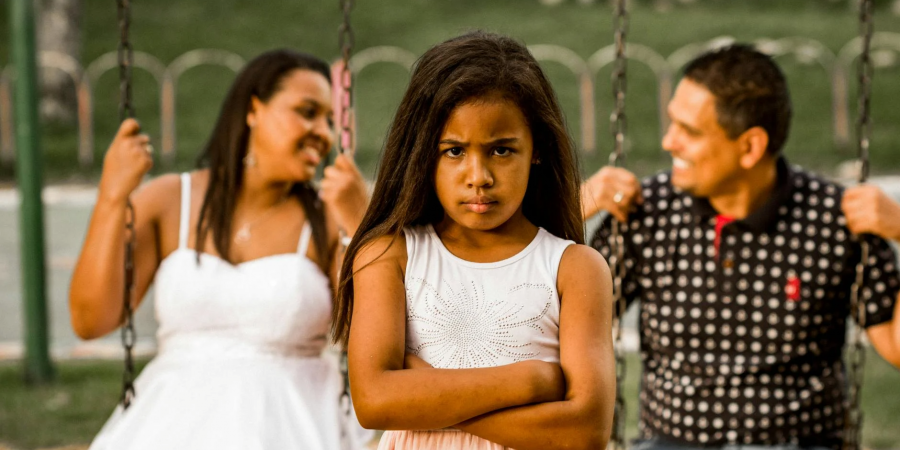

Mood swings, a universal human experience, can significantly impact our daily lives, relationships, and overall well-being. These sudden and intense emotional shifts can be overwhelming, leaving us struggling to cope. To better navigate these fluctuations, it's essential to recognize and understand the various types of mood swings.
*Emotional Mood Swings*
Emotional mood swings are characterized by intense feelings of happiness, sadness, anger, or fear. These swings can be triggered by personal experiences, relationships, or external events. For instance, receiving good news may elicit euphoria, while a painful memory may evoke despair.
*Bipolar Mood Swings*
Bipolar disorder is marked by extreme mood swings, oscillating between manic and depressive episodes. Manic phases are characterized by elevated mood, increased energy, and impulsive behavior, while depressive phases involve persistent sadness, hopelessness, and lethargy.
*Hormonal Mood Swings*
Hormonal fluctuations can significantly influence mood. Menstrual cycles, pregnancy, and menopause can lead to mood swings in women. Similarly, testosterone fluctuations can affect men's moods. These hormonal shifts can result in irritability, anxiety, or emotional instability.
*Cyclical Mood Swings*
Cyclical mood swings follow a predictable pattern, often tied to daily or seasonal rhythms. Examples include:
- Morning depression: feeling low in the morning
- Seasonal affective disorder (SAD): experiencing depression during winter months
- Premenstrual dysphoric disorder (PMDD): mood disturbances before menstruation
*Situational Mood Swings*
Situational mood swings are triggered by specific events or circumstances. These can include:
- Stress-related mood swings: feeling overwhelmed by work or personal pressures
- Grief-related mood swings: experiencing emotional turmoil after a loss
- Trauma-related mood swings: struggling with emotional regulation after a traumatic event
*Neurochemical Mood Swings*
Neurochemical imbalances can contribute to mood swings. Fluctuations in neurotransmitters like serotonin, dopamine, and norepinephrine can impact mood regulation. Medications, lifestyle changes, and cognitive therapies can help manage these imbalances.
*Managing Mood Swings*
Effective management of mood swings requires:
- Self-awareness: recognizing triggers and patterns
- Emotional regulation: developing coping strategies
- Social support: building a supportive network
- Professional help: seeking therapy or counseling
- Lifestyle modifications: maintaining a balanced diet, exercise, and sleep routine
Mood Swings and Creativity
Mood swings can foster creativity, as intense emotions can inspire artistic expression. Many artists, writers, and musicians have credited their emotional struggles as sources of inspiration.
In conclusion, mood swings are complex and multifaceted, influenced by various factors. Understanding the different types of mood swings can help individuals develop targeted strategies for managing their emotions. By acknowledging the intricacies of mood swings, we can work towards achieving emotional balance, well-being, and a more fulfilling life.


